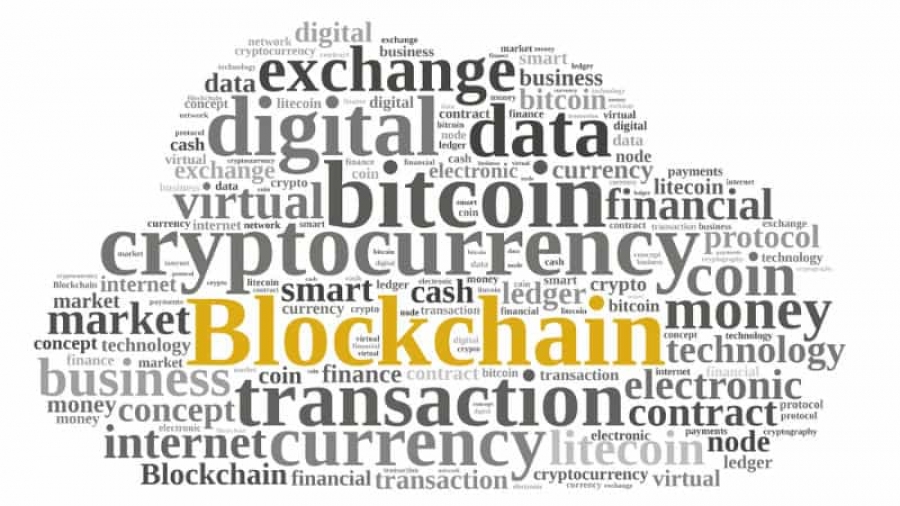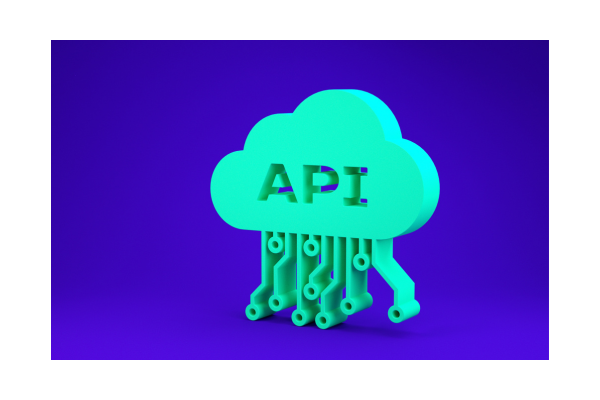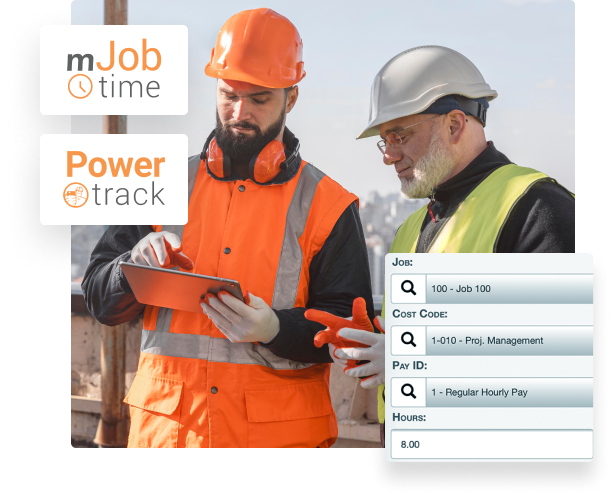The blockchain is often associated with virtual currency, but there’s so much more to it than that. It’s already started making its way into a number of different industries, from genealogy to the film industry. It’s being used by banks to both confirm and verify data, and even the government is using it to communicate sensitive information between different departments. See how it works and how the technology can be integrated for the benefit of professionals, clients, and regulatory agencies.
How It Works
The blockchain is a type of public ledger that records and keeps track of data. What makes it so special is that it’s both decentralized and secured with the help of cryptography, which makes it all but impossible for outside entities to manipulate the data to their advantage. For anyone who’s ever had a fraudulent credit card charge, it’s easy to spot the benefits of the blockchain right away. When it comes to the construction industry, its potential real-world applications are infinite. Not only can it streamline the many regulations imposed on the industry, but it can also encourage more collaboration between construction companies. It’s also easier and cheaper to move money around, no matter what part of the world you happen to be sending it to.
Logical Chains
One of the key components of the blockchain is smart contracts. These smart contracts follow the natural progression of work based on if/then statements. So if drywall is properly hung and checked, then painting can commence. As soon as a job is complete (per the contract), the company can be paid for their efforts. The documentation of these events is protected by an impenetrable fortress of code. This means that even if a hacker does steal the information, they won’t be able to read it.
The information of these chains is recorded on multiple sources all over the world, so there’s no chance of losing or misinterpreting the data. There will be no disputes later on about who did what, and who was liable for goods or services during any given time period. So even the most complicated of projects will be far easier to follow. If the blockchain combines with the Building Maintenance System, then construction workers should expect to see the integration of smart contacts into practically every piece of the building.
From the color of the paint to the ideal temperature of the rooms, decision-makers can set up if/then clauses that satisfy all of their requirements. Approvals during every stage of the way will be documented and verified. All payments associated with the building, from rent to insurance, could be recorded and verified with the help of the blockchain. Finally, the blockchain makes it easy to identify who’s doing what work and when. It may be just what a company needs to boost their reputation based on the work they’ve done and not their advertising budget.
In the Future
It should be clear by now that the blockchain is all about facts, which makes it perfect for an industry that’s so heavily regulated. Workers have a chance to document their skills to make it easier for them to advance, and clients have more transparency into what’s being completed and when. By simplifying the multiple transactions that occur and upping the rewards, the construction industry may see more workers entering their field. It may give smaller companies a greater chance to compete against the conglomerates.
Identification will also become much easier with the blockchain. Vendors or employees will have a way to easily verify their credentials without slowing down the timeline. Those in the construction industry are accustomed to having to go through a number of channels if they hope to be trusted to work on specific projects. The blockchain could speed up those channels, and allow more parties to work alongside each other — even if they have no prior experience working together.
Regardless of how blockchain technology looks in the construction industry, it seems clear that it should be embraced with open arms by all. Yes, it’s a new technology that many people in the construction industry don’t quite understand yet. But it’s efficacy and benefits really can’t be ignored for much longer.
Built for ENR 600 and other leading construction and energy contractors, mJobTime is a great fit for companies with challenging time tracking and job tracking requirements. Our customers love us and you will too. Call us at 800-387-1109 or email us at [email protected].







